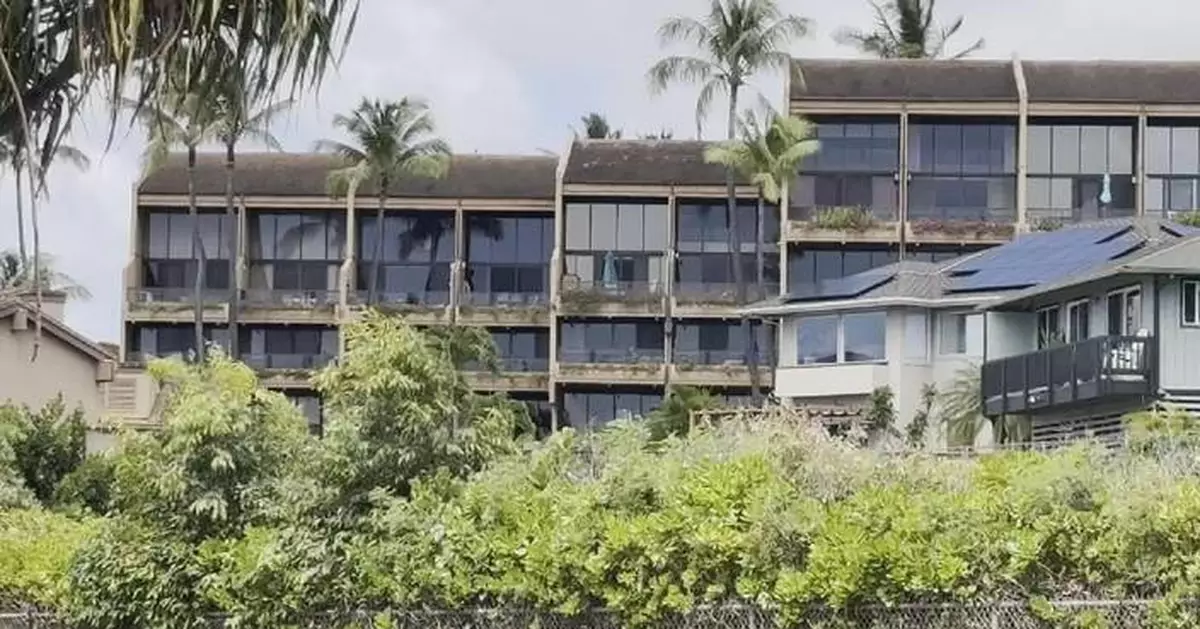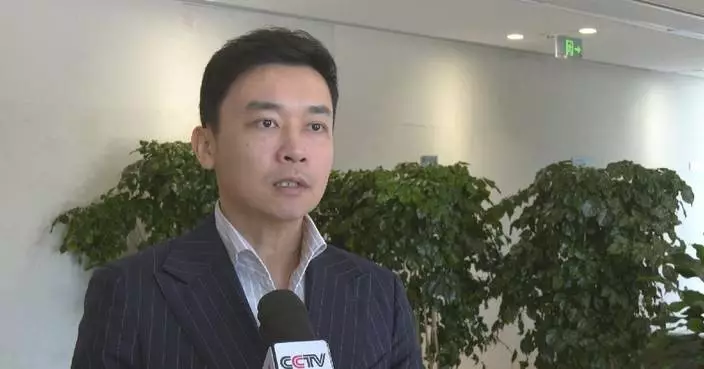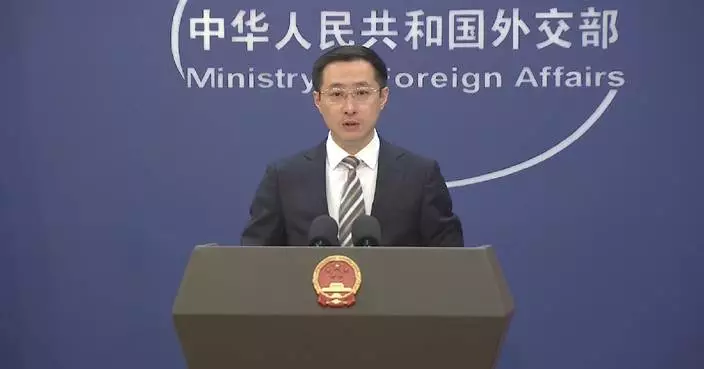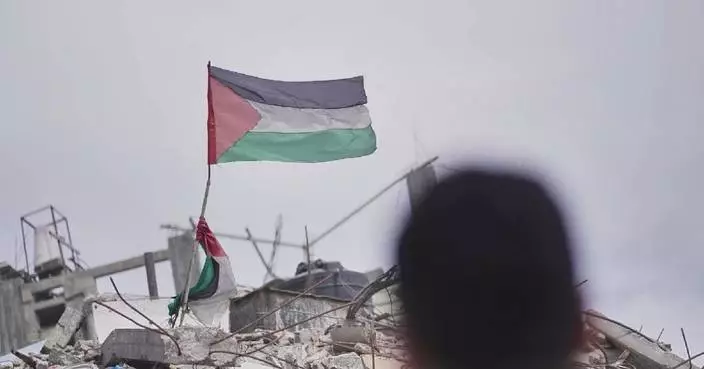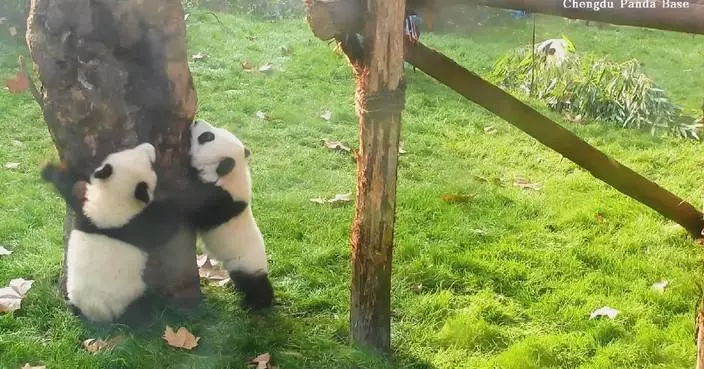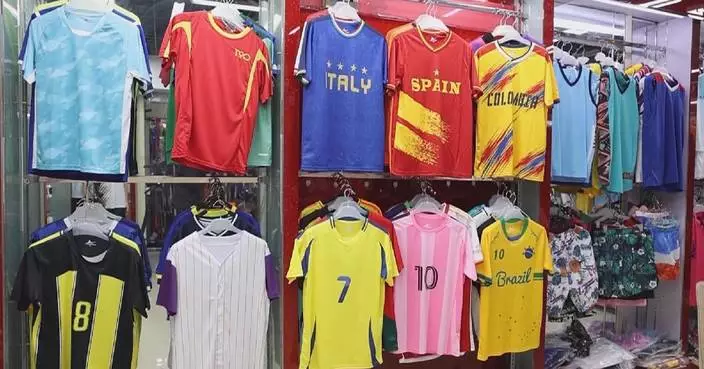Many struggling families on the U.S. island of Maui are battling to rebuild their lives amid a critical housing shortage and inadequate insurance coverage one year after the devastating wildfires.
It's been one year since the historic Hawaiian town of Lahaina burned to the ground on Maui. The exact cause of the fire still remains under investigation.
Equipment from Kimo Clark's excavation company was all he had left after the devastating wildfires.
"I lost my shop and my house, but not one of my pieces of equipment or my trucks. Not one," said Clark, a local resident, also owner of Truth Excavation.
And his team used them to rescue victims.
"He (one of my fellow) took our water truck, and he just worked throughout the night, and he saved and probably a dozen people, maybe more," said Clark.
Over the past year, Clark's company has been helping homeowners prepare for reconstruction. They're ahead of schedule with the cleanup, but many don't have what it takes to rebuild.
"Everybody, including myself, we are way under-insured. Most families I know or homeowners, they have about half the money to rebuild their house. Just to what it was not anything extravagant, fancy. It's just to rebuild what they had. We have half the money," said Clark.
Maui was already facing a critical housing shortage, with a need for more than 10,000 units before the fires destroyed nearly 2,200 homes.
Steve Dolan and his wife thought they were lucky to have home insurance, after they lost their home of 51 years, but a clause in their coverage limits housing assistance to only two years.
"After two years, I'll be living on the beach right next to these guys. Because the rents are astronomical here. Five, six, seven thousand dollars a month. Okay. That's why these people are living on the beach. Because they can't afford a simple condo or a simple one bedroom apartment," said Dolan, a displaced fire victim.
The mayor of Maui recently proposed banning short-term vacation rentals to create thousands of permanent leases and bring rent prices down.
Not everyone's on board to give up lucrative revenue, but many locals, like Marie Loquet, are okay with it.
"Some people just lost everything. They had literally the clothes on their back. So many of the people who have vacations around us, there were no tourists here. So many of us decided on our own that we would let people who had no home at all stay in our units, which financially was a pretty hard situation because we made good money on vacation rentals. But you wanted to be part of the solution. You didn't want to be part of the problem," said Loquet, a retired home owner.
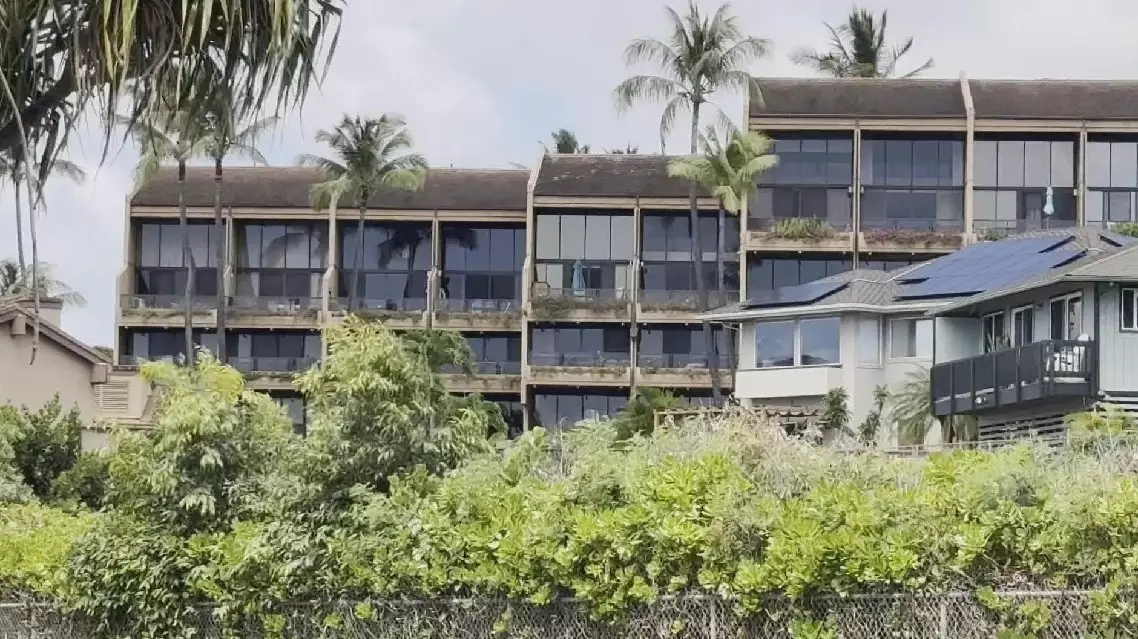
Maui residents struggle to rebuild their lives one year since deadly wildfires
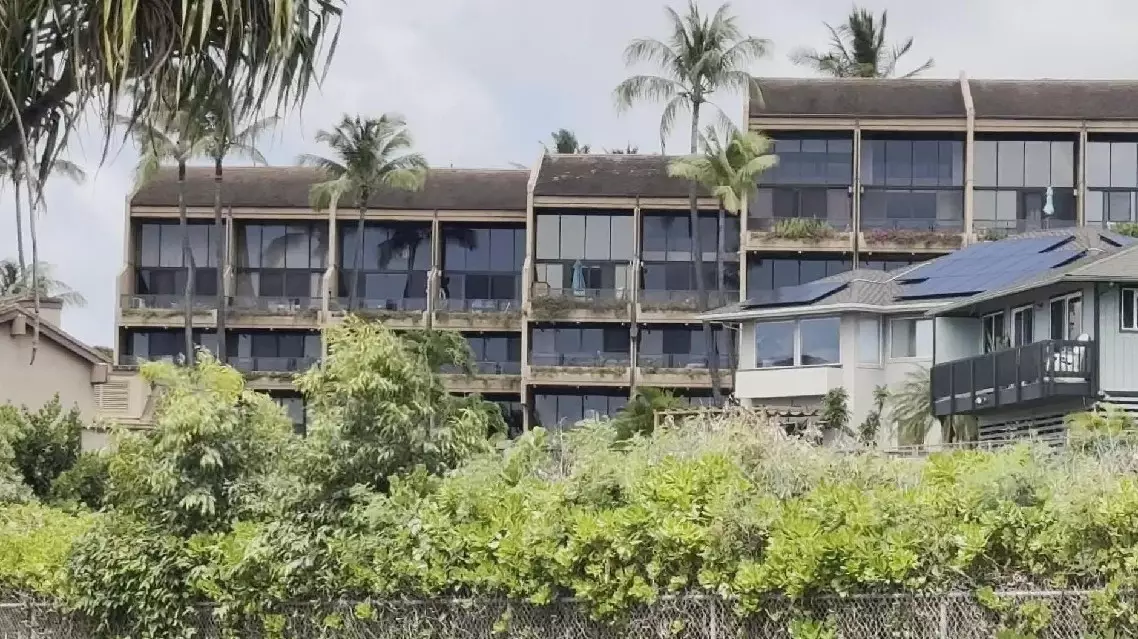
Maui residents struggle to rebuild their lives one year since deadly wildfires


